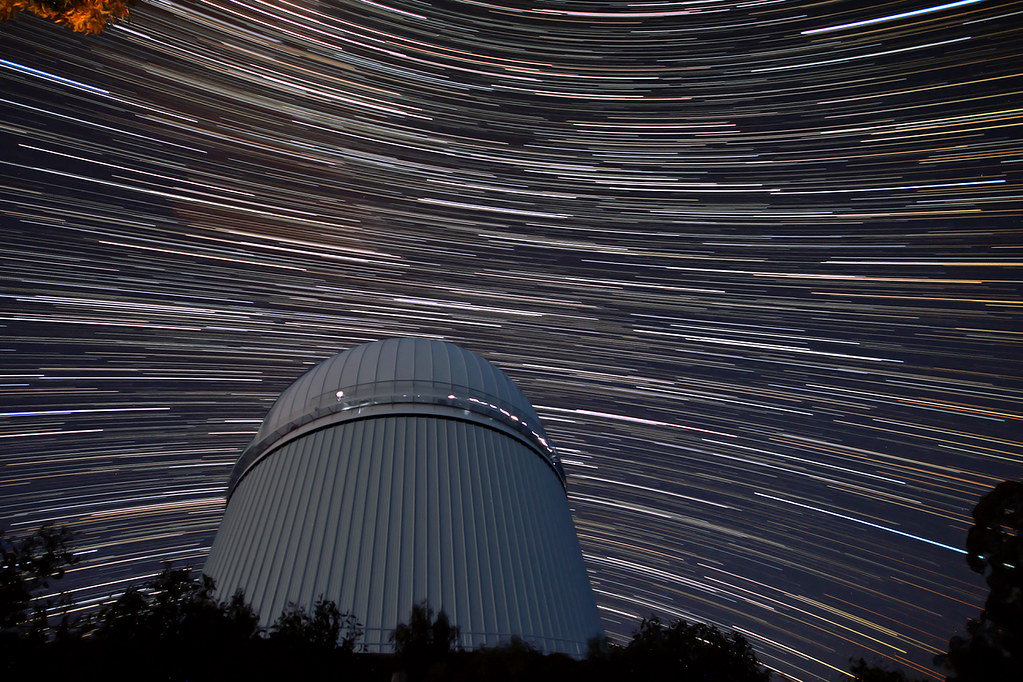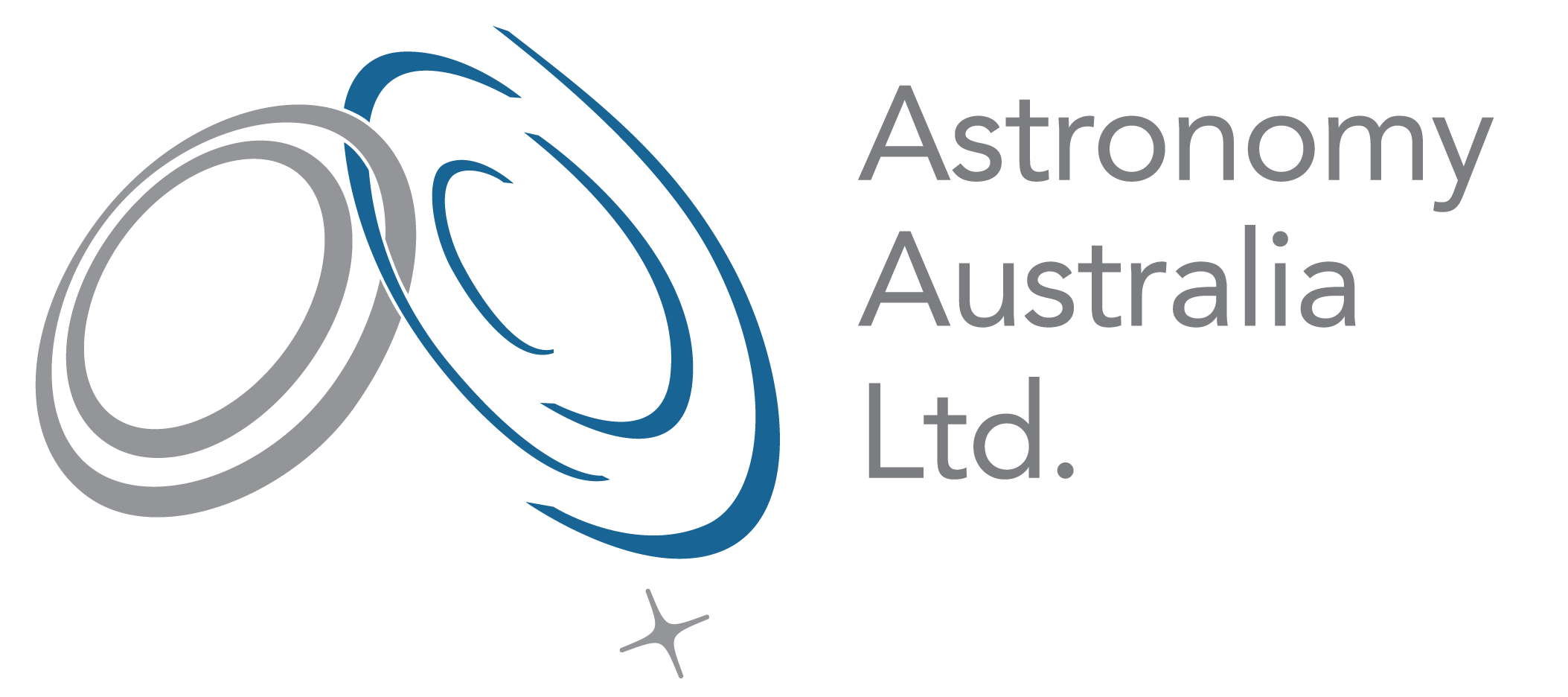
After many years of work by Australia’s leading astronomical instrumentation group, the Astralis Consortium has delivered Hector, the multi-Integral Field Unit spectrograph for the Anglo-Australian Telescope (AAT).
Hector builds on another highly successful instrument created for the AAT called SAMI, though Hector sports new-format, larger optical fibre imaging bundles – “hexabundles”. These hexabundles are able to be positioned over the AAT’s 2-degree field, with a novel new positioning system and new higher-resolution spectrograph created for this instrument.
Hector was designed to survey up to 15,000 galaxies, using its powerful spectrograph to investigate their diversity and physical properties. With ‘first light’ achieved and the first full commissioning run successfully completed, Hector will soon continue with a 2nd and 3rd commissioning run in the new year. Already, the results have been impressive, with Hector observing galaxies simultaneously in all of its hexabundles. Once Hector’s galaxy survey is up and running, it will be able to achieve five times the statistical sample of its predecessor instrument, SAMI.
Hector’s team leader and Astralis-USyd Director, Associate Professor Julia Bryant, was on hand to see the first images come through from the instrument.
This is only the first of several commissioning runs and yet we have made enormous progress. There is, of course, a lot more to do in the next runs – however, the first light images already detect the rotation of gas in galaxies and we are excited to understand the gas physics in thousands of galaxies over the next few years.
Hector was designed and built by the Astralis Instrumentation Consortium, a combined team of astronomy experts across three major Australian universities: Macquarie University, the Australian National University and the University of Sydney. Astronomy Australia Limited (AAL) is the fourth member of the consortium, providing funding support through the Australian Government’s National Collaborative Research Infrastructure Strategy (NCRIS) Program.
For more information on Astralis, Hector or the AAT, please contact AAL Program Manager, Dr Lucyna Kedziora-Chudczer.
